This isn’t one of those posts where I’m going to go all hippy on you but I really wanted to have a quick chat with you about meditation and how it really can be an amazing way to help you with your mental wellness. I also wanted to tell you how to meditate in your own home and make just a couple of minutes a day really count!
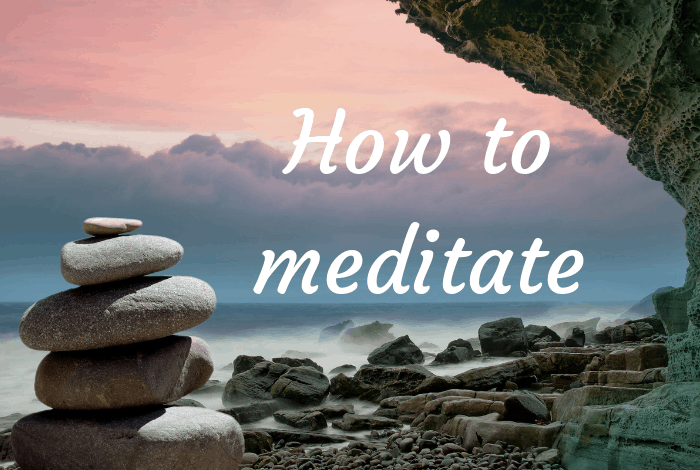
Until not too long ago, I kind of had a vision whenever anyone mentioned meditation – I pictured someone beautiful wearing white yoga pants sitting on a beach or in a field on the floor with their legs crossed and their eyes closed. I could almost hear the calming music that would be playing in the background and practically smell the incense sticks that I imagined would be burning.
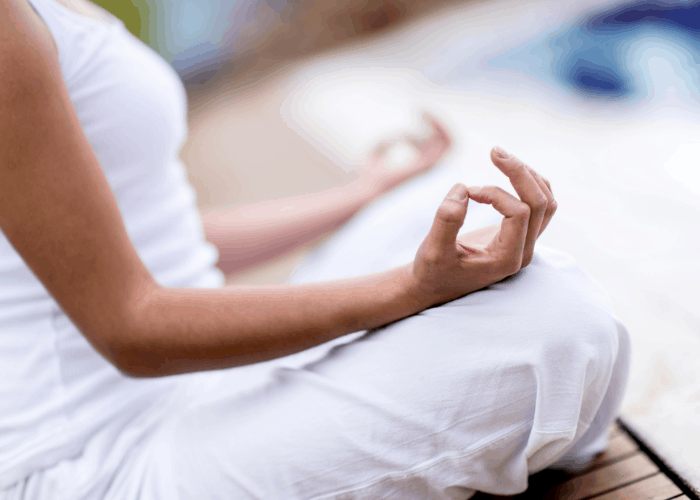
It’s OK, I know how silly that sounds.
But then last year at the amazing Flea Retreat, I found myself laying down in a field doing some guided meditation with some very lovely ladies. At first, I felt super awkward laid there and my mind refused to focus but at some point a few minutes in, my thoughts switched from wondering what was for tea to actually concentrating on what the instructor was telling me.
Once that happened, my body really relaxed into it and I felt a huge wave of emotion (it was super deep and it was a month after my Dad died) followed by a feeling of total relaxation. It was a very odd feeling that I’ve never felt and really made me realise that meditation could help me.
I’ve tried a few different things since that first experience and although nothing has ever given me that same feeling, it’s definitely helped me to cope with some stressful events. I try to fit in a few minutes every day and use an app called insight timer which I can use to just time a few minutes of silence, choose some relaxing music to listen to or if I’m in the mood I’ll do a short guided meditation.
How Does Meditation Work?
There’s some actual science to support the fact that meditation genuinely benefits both your body and your mind but I’m not a neuroscientist so it doesn’t really make too much sense to me other than I understand that from a physical point of view meditation allows your brain to change frequencies which allows you more time between thoughts. In turn, this allows you to make a conscious decision what thoughts to act on and what thoughts to push away.
For me, it allows me to completely relax and offers an escape from my normal thoughts which are often rushing about my head at a hundred miles an hour.
It takes a little practice though so don’t give up if you feel like a fool the first few times!
Different Types Of Meditation
There are a few different types of mediation
Basic/Breathing Meditation – This is considered the main form of meditation, where you practice your deep breathing exercises. This is often done sitting in a quiet and comfortable position with your eyes closed. All you are going to do is take deep breaths in and out, focusing on the inhaling and exhaling. Focus on your breath, the feeling of your chest moving up and down, and nothing else. When you focus only on your breathing, it helps to clear those nagging thoughts from your mind.
Guided Visualisation – You may be someone who benefits more from a guided visualisation. This can be done through a guided meditation where you listen to a recording of someone helping you along the imagery, or you can create the visualisation on your own. It is great for beginners because when you listen to a guided meditation, a lot of the work is done for you as far as what to picture and how to go through the steps.
Mindfulness Meditation – With mindfulness meditation, you are going to be extremely aware of everything happening in the current moment. Turn off distractions and focus on sights, smells, and sounds around you. Look at your surroundings, understand what is happening right at this moment, and continue focusing on it. This is the hardest one to master in my opinion as my thoughts always wander when I try and focus on my surroundings like this. I definitely prefer the first two.
Tips for Success
- Schedule meditation on a daily basis – In the beginning, meditation takes a lot of practice, so you want to do it often, preferably once or even more than once a day. If you struggle with motivation, schedule your meditation times for when you know you will be alone or can shut a door in your home to keep out distractions
- Start with just a few minutes a day – Don’t stress about having to meditate for an hour right from the beginning. Start with 1 to 3-minute sessions that you time, so that you can get in your practice without becoming frustrated or overwhelm with it.
- Incorporate music or sounds into your mediation– I like to play relaxing music for my short timed sessions which I just get from the Insight timer app but there are loads of apps out there for relaxing music.
- Turn it into a daily routine – Finally, making a routine out of it can be useful and help motivate you to continue with it.
The benefits of meditation can be experienced pretty much immediately, in varying degrees. It’s definitely worth at least thinking about adding meditation to your daily self-care routine so that you can experience a calmer and less-stressed day. It really works for me!
Don’t miss out on future posts like this – receive updates directly to your inbox by email by adding your email address here and hitting subscribe. You can also follow me on Twitter, BlogLovin or Networked Blogs and I’d love to see you over on my Facebook page and on Instagram. You can find out more about me here.
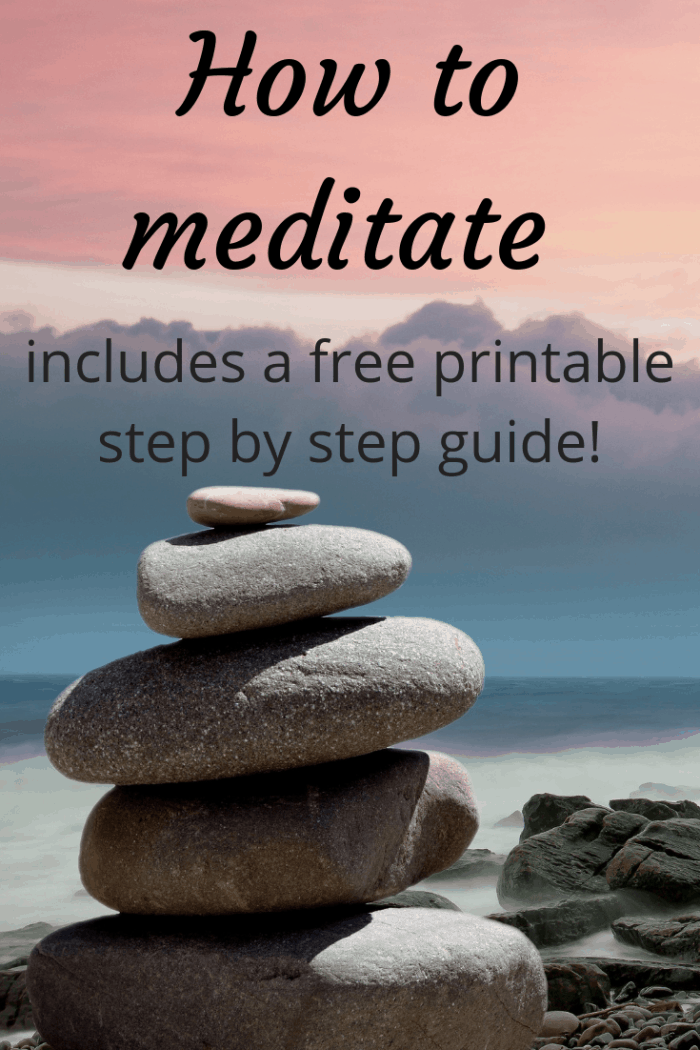

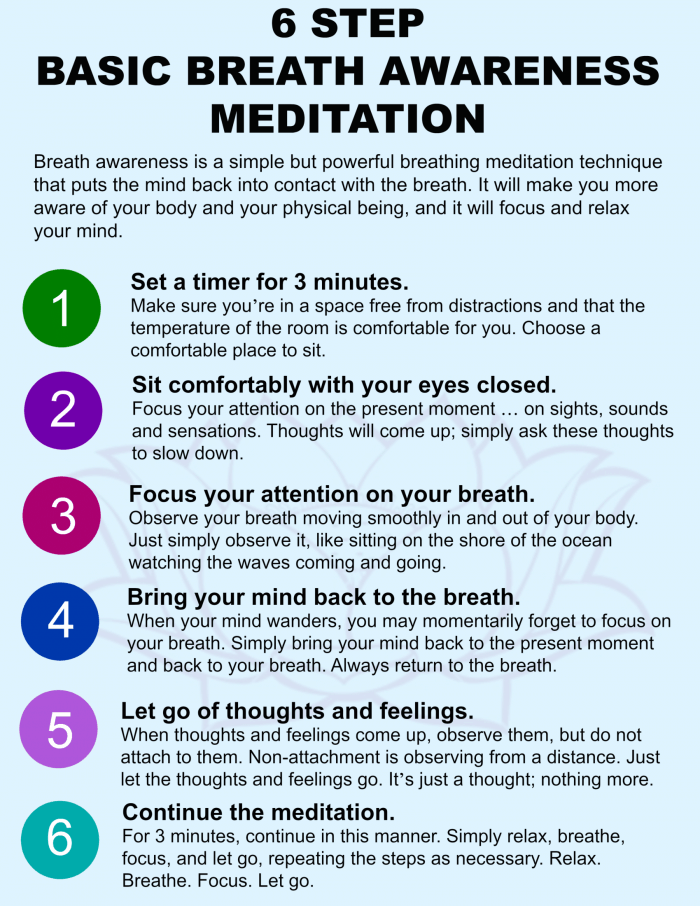


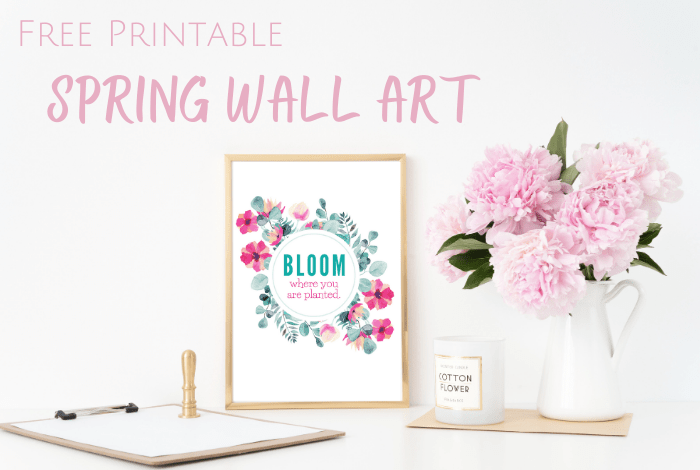

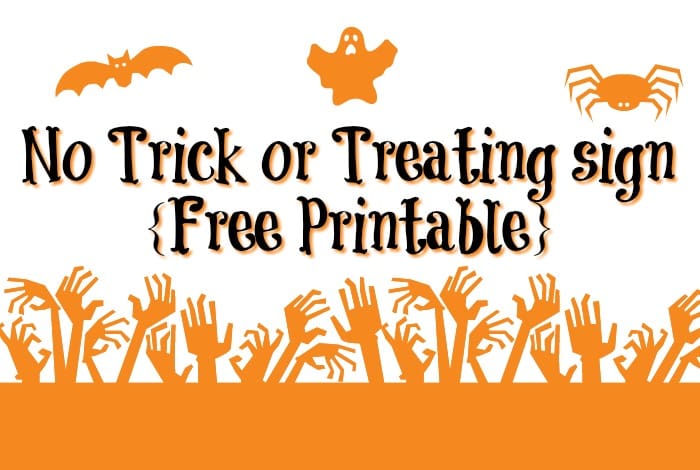


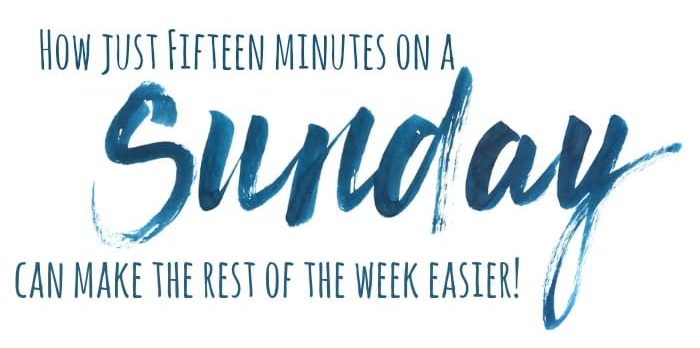
 Logging you in...
Logging you in... Loading IntenseDebate Comments...
Loading IntenseDebate Comments...
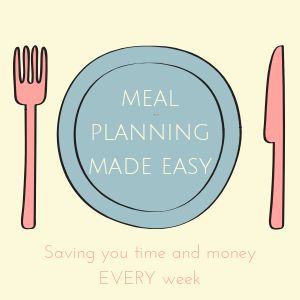
Debra · 280 weeks ago
Can you tell me how I can access your 'How to Meditate' free printable guide? :-) <3